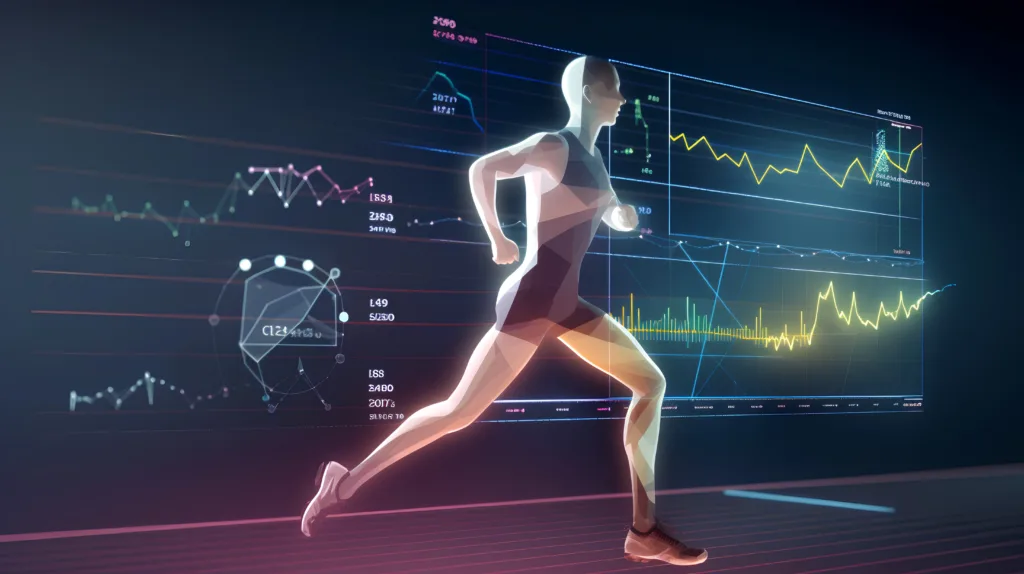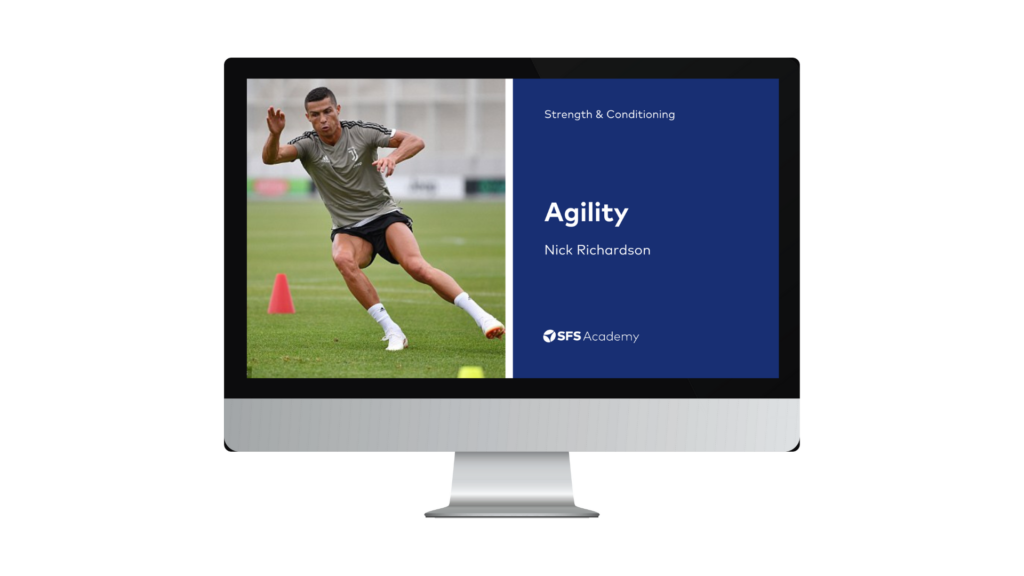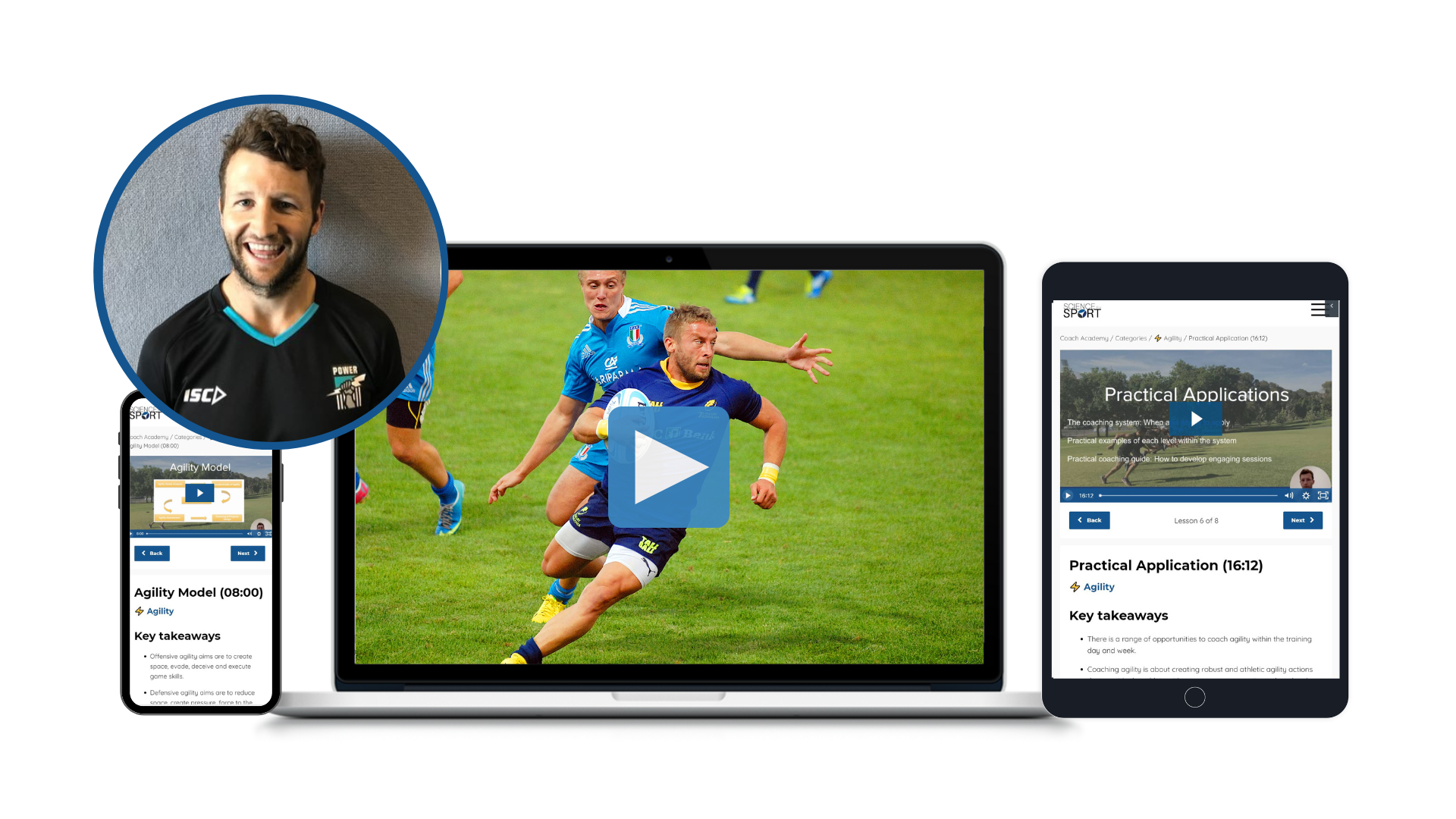About this Episode
In episode 146, Jake Schuster, CEO of Gemeni Sports Analytics, joins us.
Specifically Jake will be looking at:
- What AI can mean for the sporting world
- How AI can revolutionise data usage in sport
- Real world examples of how AI is already helping teams
Artificial Intelligence (AI) is already changing the way the world uses data, and it’s about to give the sporting world a massive boost. If you want to have computers do the hard work and stay at the cutting edge of technology, you’ll need to hear what Jake Schuster has to say about AI in sport.
Schuster is a former Strength and Conditioning coach, turned entrepreneur. After growing disillusioned with the sporting world, Schuster made the massive leap into the ever-growing world of AI. Here he successfully leads Gemini Sport Analytics, a company that uses AI to help sports teams make the best possible data-driven choices.

But how did he even start out with the idea? Well after burning out and exiting the professional sports industry, Schuster took a massive step, he moved to Miami and became a personal trainer.
“I moved to Miami, I just said, I’m going to walk away from sport for a while. I did the unthinkable and I became a personal trainer and I worked at the coolest gym in Miami. I was training deejays, models, CEOs, a lot of smart, ambitious people,” Schuster said.
It was these people that gave him the backing to go ahead and develop his own company. But what does that mean for AI in the sporting world? Well, it turns out that Schuster already has some really interesting use cases that many teams could learn from.
Obviously, the big advantage of AI is that you can process massive data sets in record time. This could potentially save big bucks compared to hiring staff to endlessly run through these analyses, or when compared to making the wrong decisions.
“A high-performance manager, strength coach, scout or even a technical coach should be able to ask basic questions of the data sets that they’ve got without having to rely on a $250,000 machine learning specialist,” Schuster said.
But AI is not about saving money, it’s about providing insights that could make the difference between winning and losing.
With that in mind, one potential avenue for organisations to look at is scouting. Better players are likely to help you win more games. And while scouts often have a great feel for a player’s ability, they can’t look at thousands of players each day.
“AI can help by being able to look at large data sets of potential recruits that you might bring into your team and being able to look at those with a little bit more of an exact eye,” Schuster said.
With AI you could, for example, load all of the data from every player in Europe into a model, and, based on the team’s playing style and player requirements, receive a shortlist for the scouts to evaluate.
“It’s not about finding crazy insights. It’s about saying, hey, scouts, we know that you don’t have time to look at that 20,000 players. Look at these 20. Which ones do you like best? And that’s the shopping list,” Schuster said.

But AI isn’t limited to scouting new players, there are potential implications for live game-changing decisions.
Imagine a computer being able to tell you the chance of scoring a goal if you made a particular substitution. Imagine no longer.
“Predictive analytics, true machine learning predictions are saying things like if you put on this sub, against the oppositions left winger who tires, you’re 30% more likely to score a goal in the last 10 minutes,” Schuster said.
Clearly, this could have a massive impact on a manager’s decisions and ultimately on a team’s success if used well.
These are just the tip of the iceberg when it comes to decision-making in sport, if you want to hear about more real-world AI applications, be sure to check out the full podcast below.




